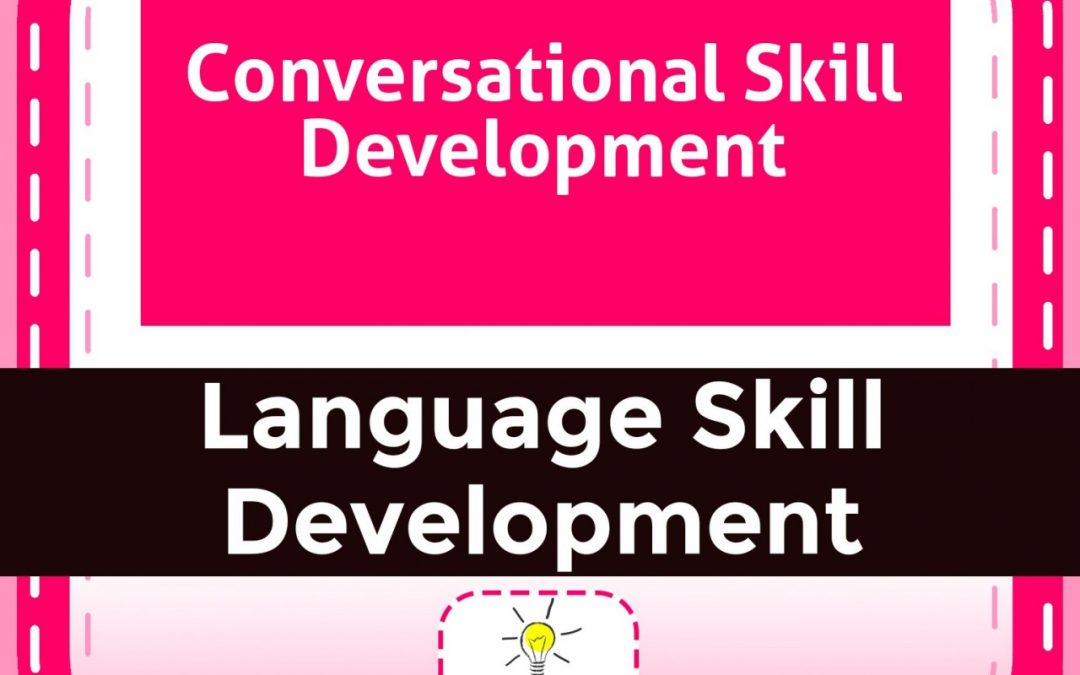This packet provides information on how to develop a child’s conversational competence. It describes the elements of the 4 stages of conversational skills. This description is followed by forms used for tracking the development of conversational competence at each of these 4 stages. Examples are provided throughout to familiarize the family or educator who is less familiar with Brown’s Stages of language development. Finally, this packet includes intervention strategies for improving conversational competence, including providing clarification, role-switching, requesting clarification and prompting. Examples of each of these strategies is provided. There are scenarios then provided to allow teachers/families with ideas for how they can shape the conversational competence of the child.
- Amplification
- Assessment of Student Skills, Challenges, Needs
- Early Childhood: Infants, Toddlers, Preschool
- Hearing Loss – Identification, Impact and Next Steps
- Impact of Hearing Loss on Child Development and School Performance
- Describing the Impact of Hearing Loss to Parents/Teachers
- Hearing Loss – Identification and Next Steps
- Hearing Loss – Information on Specific Types
- What is “Normal” Hearing for Children?
- ANSD – Auditory Neuropathy/Dyssynchrony Spectrum Disorder
- Atresia, Microtia: Permanent Conductive Hearing Loss
- CMV (Cytomegalovirus) and Hearing Loss
- Ear Infections and Learning
- Cholesteatoma – What is it? How can it affect learning?
- Hearing Loss Caused By Noise
- Hyperacusis: Over-Sensitivity to Sound
- Mild Hearing Loss and Learning
- Unilateral Hearing Loss and Learning
- Deaf PLUS Additional Needs
- Language and Speech Development Issues
- Legal Issues in Serving Children with Hearing Loss
- Listening (Auditory Skills) Development
- Planning to Meet Student Needs
- Self-Advocacy Skills for Students with Hearing Loss
- Self-Concept: How the Child with Hearing Loss Sees Himself
- Social Skills
- Speech Perception & Learning
- Hearing Aid Retention for Young Children
- Hearing Aid Retention for Young Children

